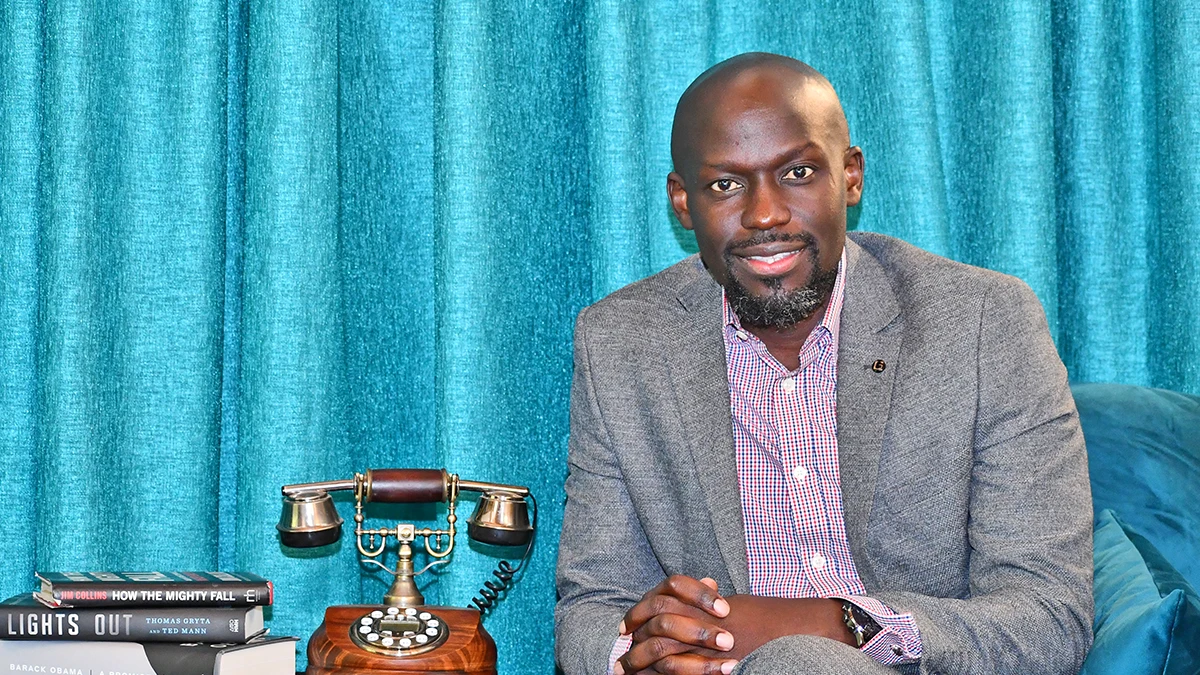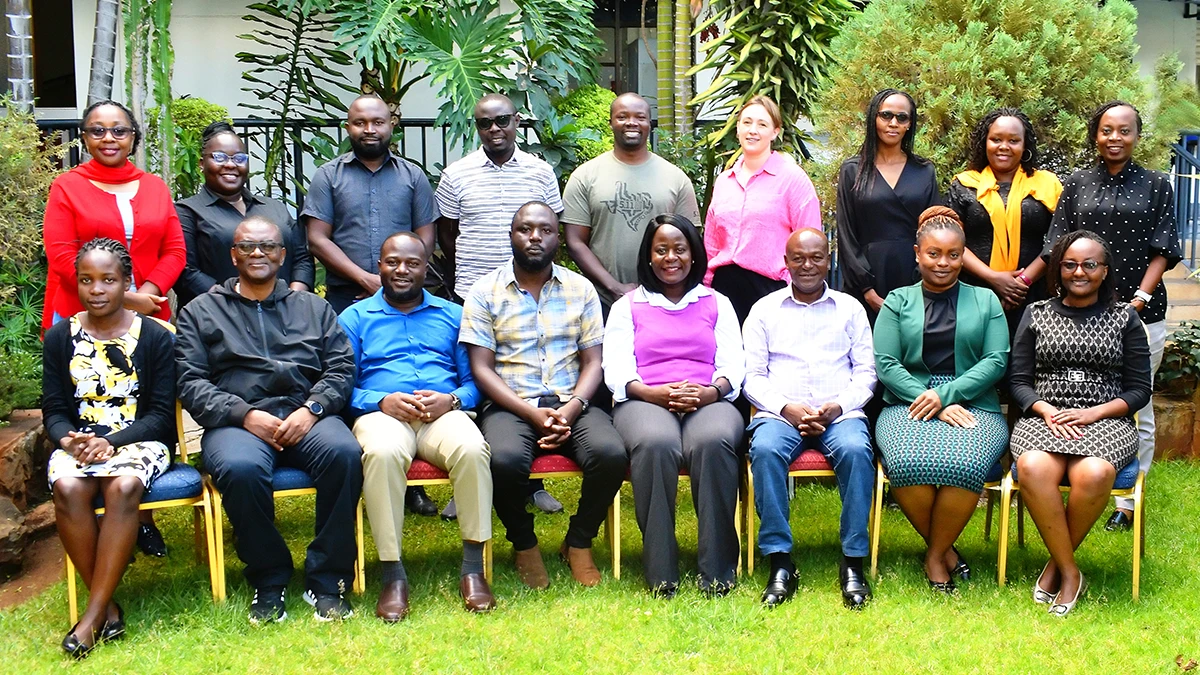The WomenLift Health Global Conference 2024 took place in Dar es Salaam on April 6-8, 2024, where over 1,000 speakers and delegates from 41 countries gathered at the Julius Nyerere International Convention Centre for this empowering and impactful conference. Strathmore University Business School’s Women in Health Leadership project, in collaboration with WomenLift Health, offered 14 scholarships to current students and alumni of the Strathmore Healthcare Executive and PhD programmes.
The conference aimed to empower women to participate as equals in the healthcare field, examine obstacles that obstruct women from securing leadership positions and amplifying the voice of women working in this critical sector. The conference consisted of more than 30 sessions to share knowledge, identify problems, and co-create solutions. The theme of the conference was to inspire action towards transformative leadership. The plenaries and parallel sessions featured women and men from different disciplines and areas of expertise that were all united in their passion to advance the rights of women.
During his opening address H.E. Dr. Phillip Isdor Mpango, Vice President of the United Republic of Tanzania, remarked on the progress made in gender equality while acknowledging the challenges in leadership in global health and other sectors. He stated that women held the key to addressing present and future challenges and could make a significant difference if they were allowed to lead. He also noted the impressive contributions of H.E. Samia Suluhu Hassan, President of the United Republic of Tanzania, to empower girls and women through access to education, health, and economic opportunities.
The conference explored topics such as the challenges and opportunities that A.I. tools present, the role of caregiving and emotional intelligence, male allyship, policies that work and many other cutting-edge topics in gender equality studies and emerging issues. The first panel on Day 1 examined systems designed to exclude women and minorities from meaningful participation in global health conversations. The panel session highlighted the lack of opportunities to access global health conferences, lack of sponsorship and mentorship opportunities, racial inequalities and other global health system issues that hold women back from being empowered and empowering themselves. This conference allowed students from the Healthcare programmes that are working in diverse roles in the healthcare sector to network, find mentors, to mentor others, and empower themselves with knowledge to help them with their leadership journeys. Parallel sessions explored the different spaces in which women can be called to lead which allowed the students to network, find mentors, and gain knowledge in their own respective fields.
Male allyship was an important topic that also took centre-stage at the conference. Several sessions addressed the importance of both male and female allyship. The conference therefore also provided a forum for men to discuss the backlash they have faced because of their support for women’s rights and a space to find support, mentorship, and empowerment.
In conclusion, the conference underscored the importance of allowing women to have seats at decision-making tables. Indeed, women leaders can help to co-create and engineer solutions to some of the toughest global healthcare challenges. Male allies and sponsors play a critical role in making this a reality. By working together to challenge the status-quo, women and men can help change global health systems and inspire younger women and girls to play active roles in redefining and reimagining leadership in this space.
Article by Shailja Sharma, SBS Faculty Member and Coach
Share This Story, Choose Your Platform!
Your journey to business excellence starts here. Subscribe today and be at the forefront of innovation and leadership.








